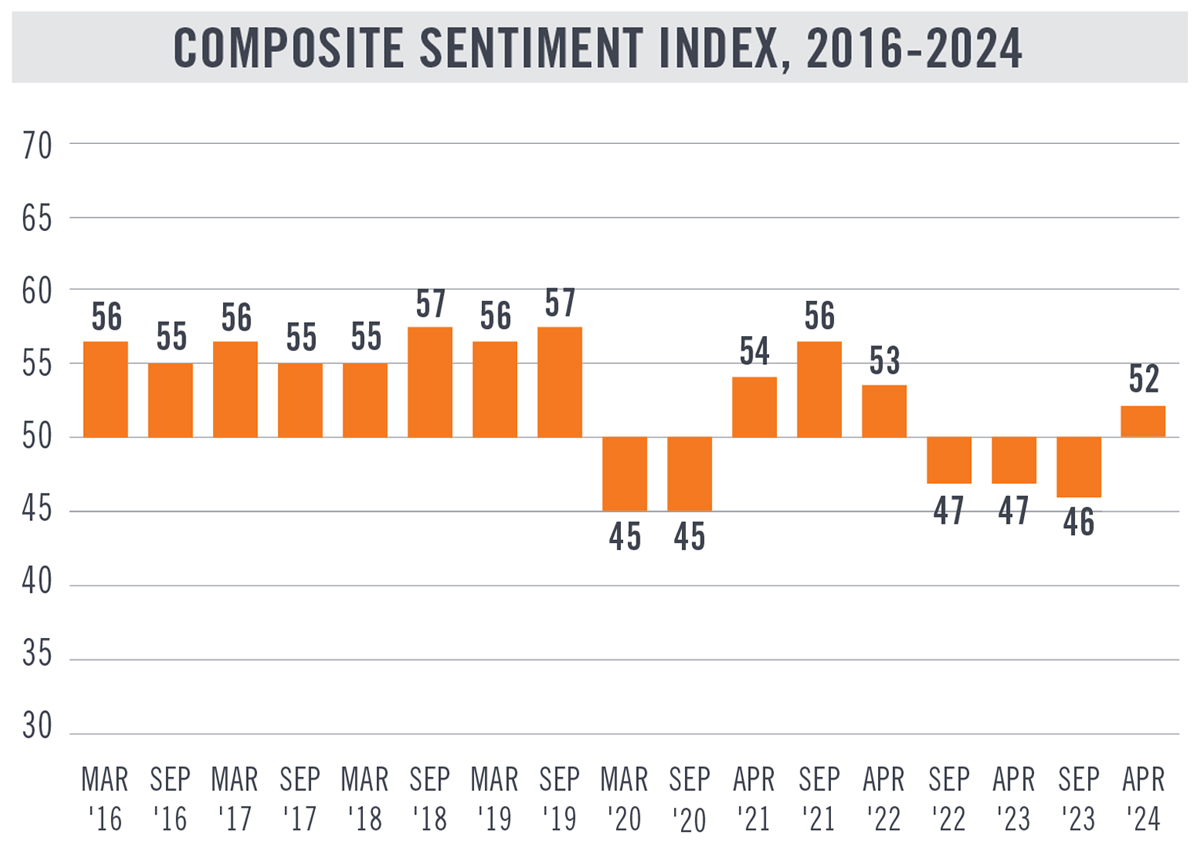Economy Watch: Bernanke’s Back
On Thursday, the U.S. Senate re-upped Federal Reserve Chairman Ben Bernanke -- but it wasn't a hugely wholesale endorsement.
January 29, 2010
By Dees Stribling, Contributing Editor
The U.S. Senate voted on Thursday not to change horses in midstream by re-upping Federal Reserve Chairman Ben Bernanke. But it was a tepid endorsement of 70-30, with 18 Republicans, 11 Democrats and the lone socialist in the chamber (Bernie Sanders) voting no for various reasons.
The majority grudgingly credited the chairman of doing a large measure to save the U.S. economy from a slide of Depression-like proportions (25 percent unemployment, etc.), but the minority blamed him in large measure for allowing the bubble to pop in the first place.
The CRE Refinance Time Bomb
How to deal with the mass of un-refinanceable commercial real estate loans? A two-year moratorium on foreclosures on commercial loans that can’t be refinanced but which are otherwise current, suggested G. Joseph Cosenza, vice chairman of Oak Brook, Ill.-based Inland Real Estate Group Inc., who was a panelist at the Chicago Association of Realtors Economic Forecast 2010 held Thursday in downtown Chicago, which CPE attended.
Speaking to a packed meeting room, Cosenza characterized the moratorium as a rational step to defuse the time bomb represented by the many billions in commercial loans that will need refinancing this year and next. “This time last year, real estate finance was crap,” he said. “Now it’s a little better than crap, unless you’re a big player.”
That leaves a lot of loans in the lurch. Commercial loans that are in default–about 6 percent these days–ought to be allowed to default, he stressed. “But if the only problem is that no one will lend to refinance a loan that’s current, foreclosing makes no sense.”
Other panelists at the event included Geoffrey Hewings, professor of Geography and Regional Science, and of Economics, and of Urban and Regional Planning, at the University of Illinois at Urbana-Champaign. (He’s also director of the Regional Economics Applications Laboratory at the university.) Hewings castigated the government of Illinois for long taking a “we’ll muddle through” attitude about tending to the state’s economic problems, which are legion.
“If Illinois were a country,” he noted, “the IMF would be sending in an emergency team to help the government rebuild the economy.”
Panelist Michael Hart, regional manager of Hanley Wood Market Intelligence, spoke about the changes in the national and metro Chicago housing market, noting in particular that the days of buyers seeking out ever-larger houses have ended, maybe for a long time. “Buyers want smaller, less expensive houses to maintain,” he said. “Homebuilders have to acknowledge that going forward.”
Panelist Gail Lissner, a vice president of Appraisal Research Counselors, discussed the downtown Chicago condo market, which was formerly a hotbed of development and conversion activity as people “returned” from the suburbs to live downtown once again. No more. The name of the game in downtown condos is to sell whatever unsold inventory there is, which some owners have been managing to do, albeit slowly.
“Twenty projects were cancelled in 2008, and zero were started in 2009,” she said, adding that in the long run, probably, clearing out the pipeline will be good for the condo market.
Wall Street wasn’t particularly enthusiastic about Bernanke either, though some Senators (and Warren Buffett, too) had warned that investors would have really taken it badly had the Senate rejected him. On Thursday, the Dow Jones Industrial Average lost 115.7 points, or 1.13 percent, while the S&P 500 was down 1.18 percent and the Nasdaq slid 1.91 percent.






